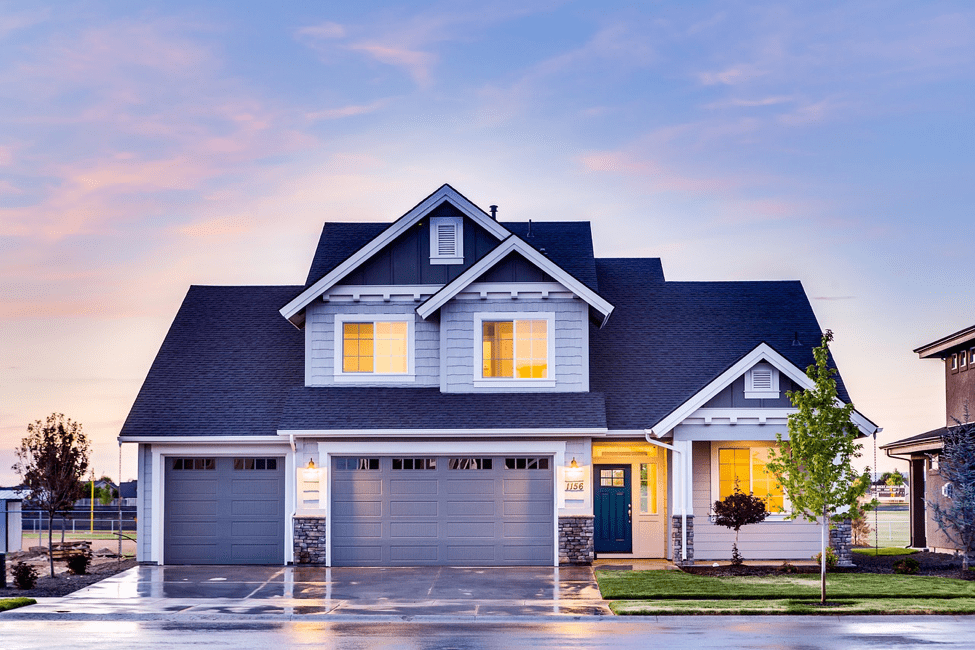Sump Pump Noise – A Guide to Sump Pump Problems
A sump pump producing a lot of noise when in operation is not always a sign of a problem. Some pump brands will be louder than others depending on design. The majority of people will feel alarmed especially if they have just installed a brand-new sump pump and the noise is intolerable. It is always recommendable to have your sump pump installation done by a reputable plumbing company to avoid these types of situations.
In most scenarios, the location of the pump or its installation might be the cause of the troublesome noise. Some of the issues that will make your pump abnormally louder include;
1. Motor noise/design problems
The quality of a sump pump matters. Cheaper units, usually made of plastic will produce more noise than the systems made of cast-iron. This is because a cast-iron pump has minimal friction thanks to its internal lubricating. This makes its motor to run quietly. The motor should also stay below the sump basin.
Most outdated pumps were made from PVC which not only runs loudly but also wears easily. The motor may still run noisily even after trying to mitigate the problem with rubber stoppers. This is a clear indication that you need to replace your old pump with probably a cast-iron one.
2. Clanging
Noise can be caused by the rattling and vibration of the discharge pipes caused by the water coming via them. This noise can be reduced by using perforations of rubber during a sump pump installation. Besides sealing the lid, the rubber absorbs noise naturally. Though in case the pump was poorly installed, there is a need to seek out a plumber to ensure that the unit is set up right and the noise is then reduced.
3. Discharge lines with a poor design
Discharge lines are required to be centered properly and straight. If this is not achieved the water will flow through unusual angles causing loud noise when the water flow is downwards. You may need a plumber for a fresh sump pump installation in case it was not initially installed properly. They can eliminate joints, angles and straighten the lines to ensure the least noise.
4. Pumps not covered properly
The pit in which a pump is placed ought to be covered so as to prevent the water flow and mechanical noises from being heard. The lid should fit well and be insulated to minimize the noise as much as possible. If the pump is not well fitted underground, the noise will be louder than when it is completely inside it.
5. Gurgling
During the water discharge process, you can hear slurping or gurgling sounds as the water is moving inside the pipes especially if your system has a typical valve. You should contact a plumbing company to replace it with a spring-loaded valve to get rid of the noise. It ensures a coordinated water flow.
Purchasing, replacing or repairing a motor
Though the above factors will not cause a lot of alarm and won’t necessarily call for repair, they can lead to worse situations. Furthermore, loud noise reverberating throughout your basement is not a pleasant scenario. It is important to get recommendations from friends, family or a plumbing contractor on the best sump pumps to purchase. Giving more weight on quality rather than cost will help you avoid irritating noise.
In some situations, your noisy pump may need just minimal repairs to make it quieter. Other times you may need to purchase an entirely new unit and replace the existing one. Having a faultless pump is important as it helps you elude water damage or flooding in your home. It is important to seek out a professional to detect the root of the pump noise thus avoiding worse circumstances.
New Canadian Drain & Plumbing



